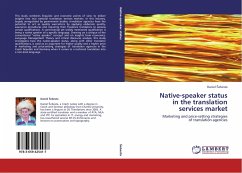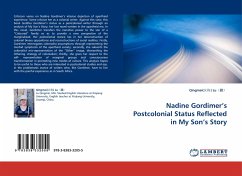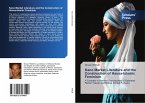This study combines linguistic and economic points of view to deliver insights into two national translation services markets. In this industry, largely unregulated by government bodies, translation agencies have the potential to act as quality warrantors by applying elaborate quality-assurance procedures and requiring their freelance translators to possess certain qualifications. A controversial yet widely mentioned qualification is being a native speaker of a specific language. Drawing on a critique of the conventional native speaker concept and on insights from economics, Language Management Theory and critical discourse analysis, this study investigates how the native-speaker status, along with other translator qualifications, is used as an argument for higher quality and a higher price in marketing and price-setting strategies of translation agencies in the Czech Republic and Germany when it comes to a technical translation into a non-local language.








